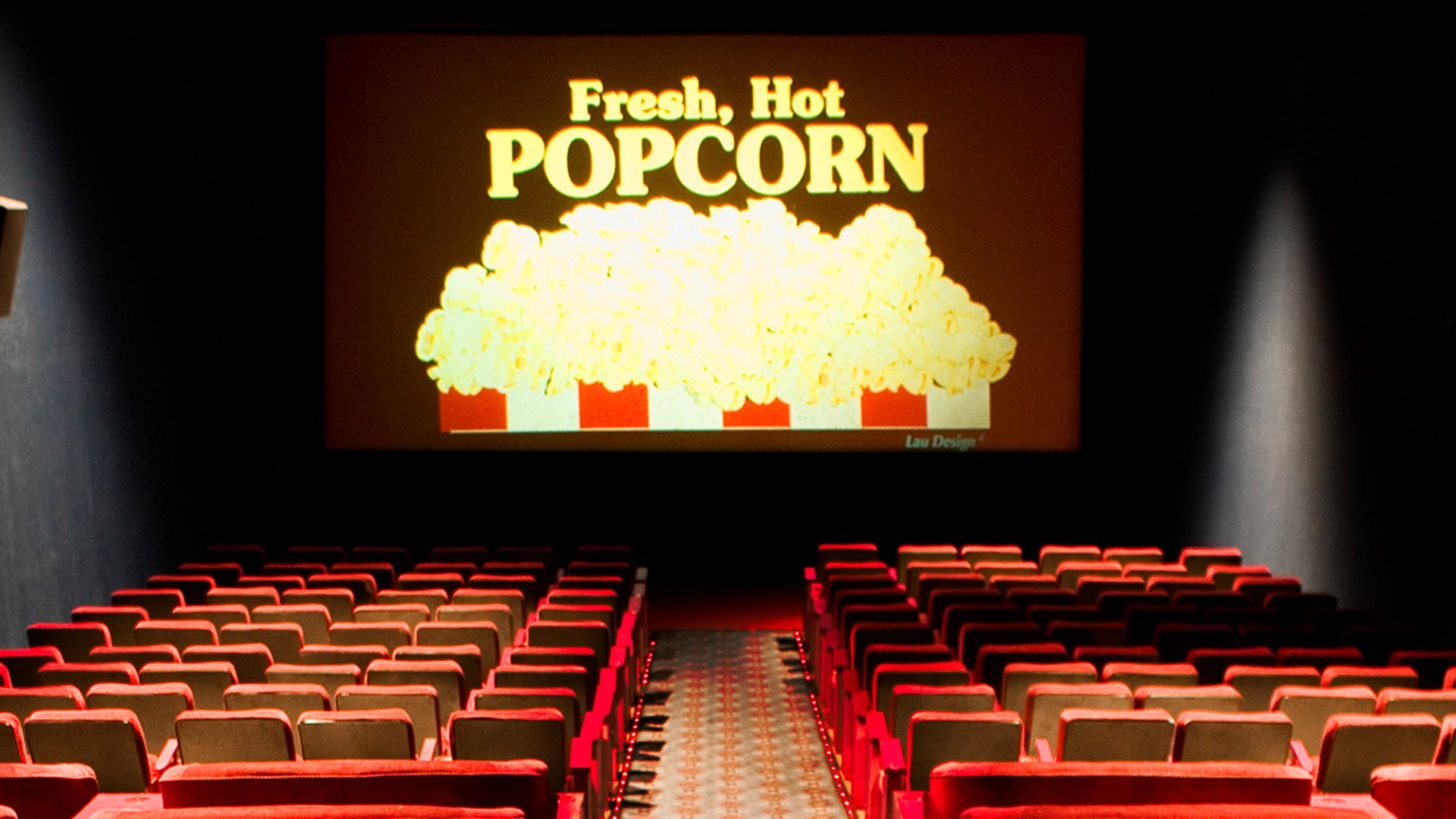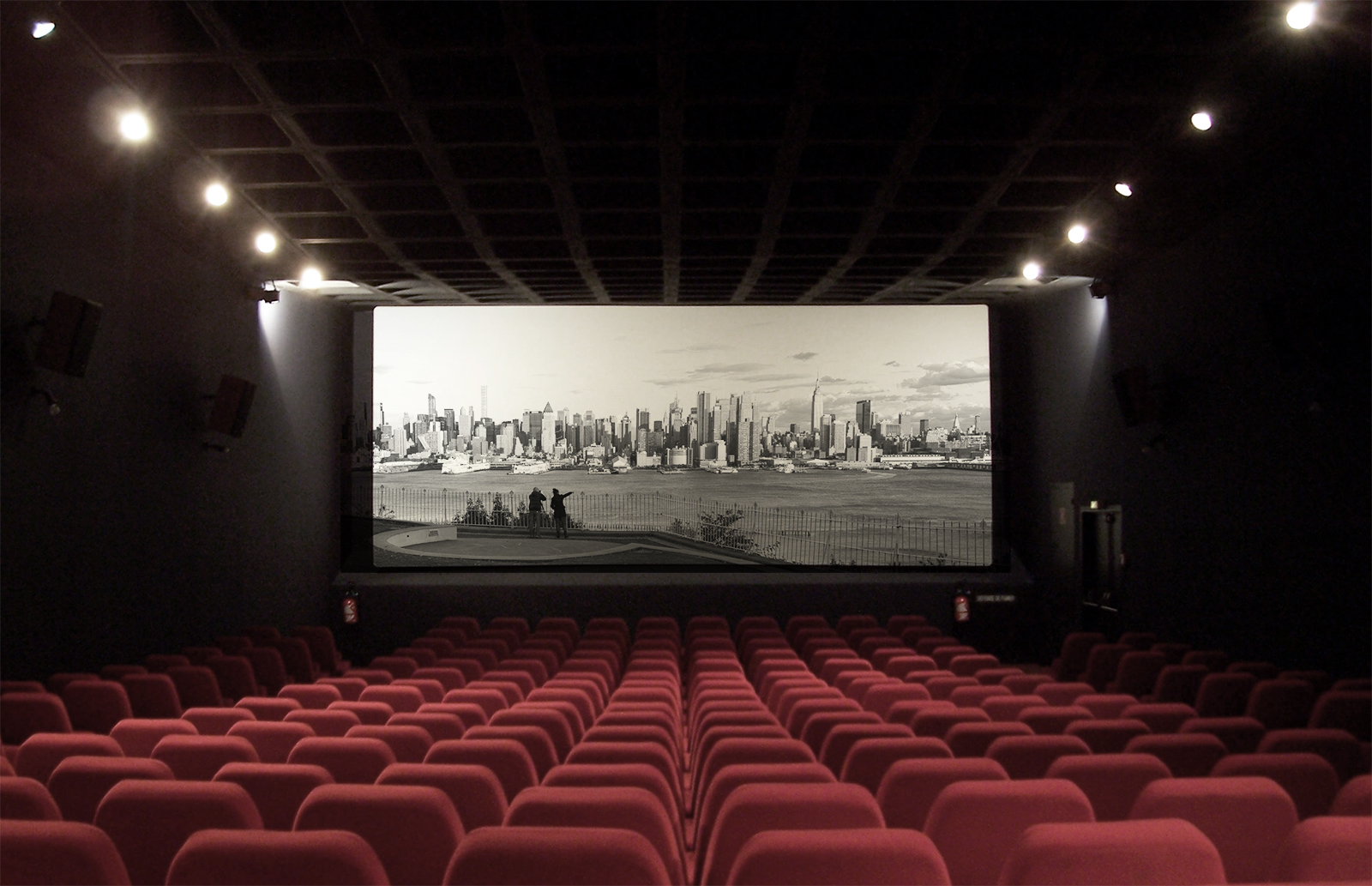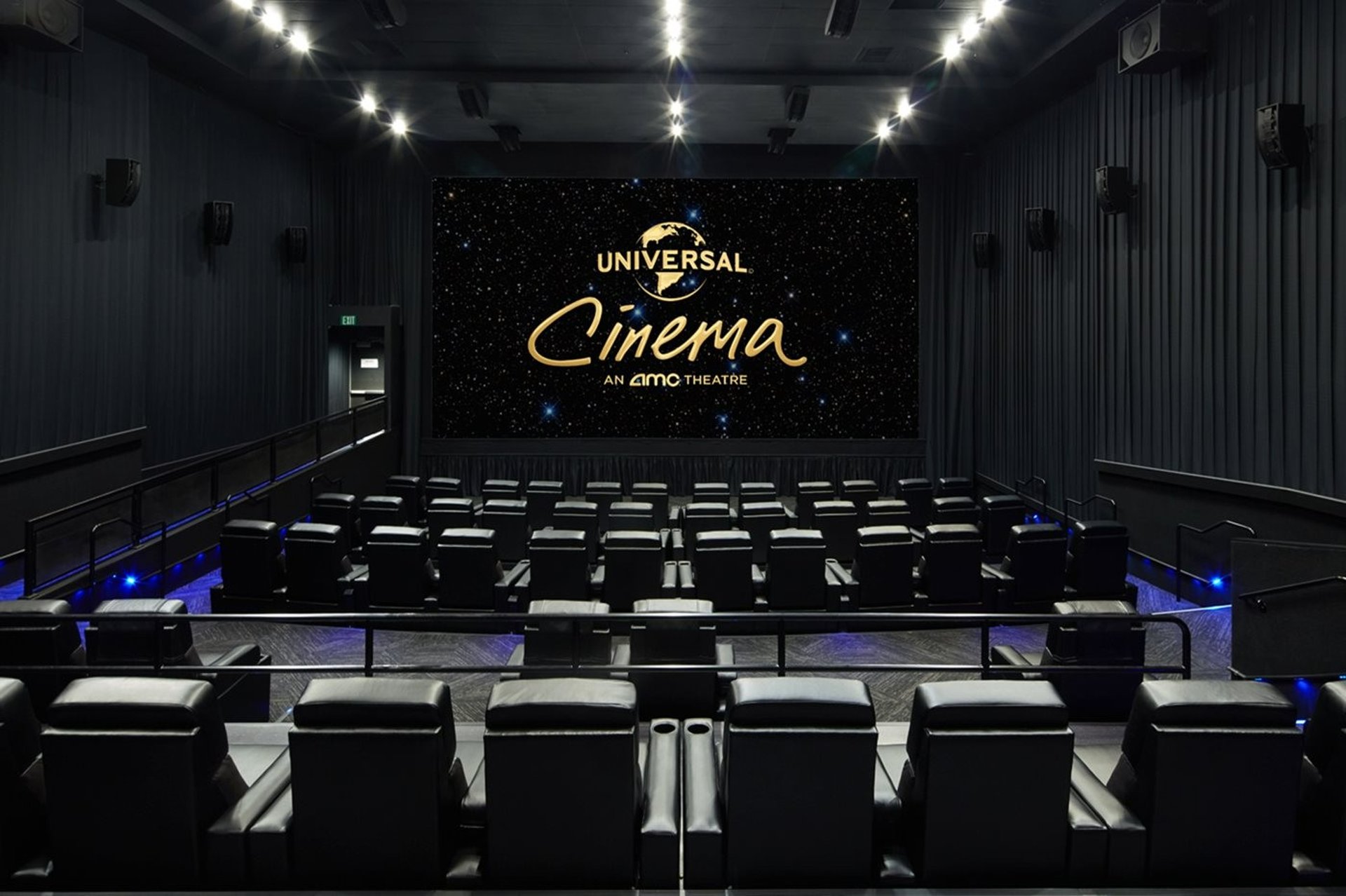Cinema: A Journey Through The World Of Film
Cinema is more than just a form of entertainment; it is a powerful medium that reflects society, tells stories, and evokes emotions. In this article, we will explore the fascinating world of cinema, its history, its significance, and its impact on culture and society. With the advent of technology, cinema has evolved tremendously, paving the way for new forms of storytelling and audience engagement. Join us as we delve deep into this captivating art form.
The roots of cinema date back to the late 19th century, when inventors created devices that could capture and project moving images. Since then, cinema has transformed into a global industry that not only entertains but also educates and inspires. Today, it is a multi-billion dollar industry that influences fashion, language, and social norms across the globe.
In this comprehensive guide, we will cover various aspects of cinema, including its history, genres, notable filmmakers, and the future of film in the digital age. We will also discuss how cinema impacts our lives, shaping our perceptions and understanding of the world around us. Whether you are a film enthusiast, a budding filmmaker, or simply curious about the world of cinema, this article aims to provide valuable insights and information.
- Lance Barber Weight Loss The Inspiring Journey Of Transformation
- Piddy Lil Jon The Rise Of A Hiphop Sensation
Table of Contents
- The History of Cinema
- Exploring Different Genres of Cinema
- Notable Filmmakers and Their Contributions
- The Impact of Cinema on Society
- The Future of Cinema in the Digital Age
- Biographies of Iconic Film Personalities
- Cinema Statistics and Data
- Conclusion
The History of Cinema
Cinema has a rich and diverse history that spans over a century. The journey began in the late 1800s with the invention of the motion picture camera. The first films were short, silent, and lacked the complexity of modern storytelling. However, they captivated audiences and laid the groundwork for the cinematic experience we know today.
In 1895, the Lumière brothers held the first public screening of films in Paris, marking the birth of cinema as we know it. The early 20th century saw the rise of Hollywood as the epicenter of film production, with the establishment of major studios and the introduction of feature-length films. The silent film era gave way to the talkies in the late 1920s, revolutionizing the way stories were told on screen.
Throughout the decades, cinema has evolved, reflecting the cultural and social changes of each era. From the film noir of the 1940s to the blockbuster hits of the 1980s, cinema continues to adapt and innovate, pushing the boundaries of storytelling and technology.
- Get Low The Collaboration Of Zedd And Liam Payne
- Understanding The Phenomenon Of Po Of Piddy A Deep Dive
Exploring Different Genres of Cinema
Cinema is a diverse medium that encompasses various genres, each with its unique characteristics and appeal. Understanding these genres can enhance our appreciation of film and its storytelling capabilities.
1. Drama
Drama films focus on character development and emotional themes, often exploring complex human experiences and relationships. They are known for their intense narratives and powerful performances.
2. Comedy
Comedy films aim to entertain and amuse, often using humor to address societal issues or everyday situations. They come in various forms, including romantic comedies, slapstick, and dark comedies.
3. Action
Action films are characterized by high-energy sequences, including stunts, chases, and battles. They often feature heroes and villains and focus on themes of good versus evil.
4. Horror
Horror films aim to elicit fear and suspense, often incorporating supernatural elements or psychological thrills. They explore themes of mortality, the unknown, and human fears.
5. Science Fiction
Science fiction films explore futuristic concepts, advanced technology, and extraterrestrial life. They often serve as a commentary on societal issues and human nature.
Notable Filmmakers and Their Contributions
Cinema has been shaped by the vision and creativity of numerous filmmakers who have left an indelible mark on the industry. Here are a few notable filmmakers and their contributions:
- Alfred Hitchcock: Known as the "Master of Suspense," Hitchcock revolutionized the thriller genre with films like "Psycho" and "Rear Window."
- Steven Spielberg: A pioneer of blockbuster filmmaking, Spielberg is known for iconic films such as "Jaws," "E.T.," and "Jurassic Park."
- Martin Scorsese: Renowned for his gritty storytelling and character-driven narratives, Scorsese's works include "Taxi Driver" and "Goodfellas."
- Hayao Miyazaki: A legendary animator, Miyazaki's films, such as "Spirited Away" and "My Neighbor Totoro," are celebrated for their imagination and artistry.
The Impact of Cinema on Society
Cinema plays a significant role in shaping societal values, norms, and perceptions. It serves as a reflection of culture and can influence public opinion on various issues.
Films have the power to raise awareness about social issues, challenge stereotypes, and promote empathy. They can also inspire movements and foster discussions around important topics such as race, gender, and mental health.
Moreover, cinema has a unique ability to transport audiences to different worlds and experiences, allowing them to gain new perspectives and insights. This impact extends beyond entertainment, making cinema a vital tool for education and social change.
The Future of Cinema in the Digital Age
The advent of digital technology has transformed the landscape of cinema, from production to distribution. Streaming platforms, digital filmmaking, and advancements in visual effects have opened new avenues for storytelling and audience engagement.
As audiences increasingly consume content online, traditional theaters face challenges in attracting viewers. However, the rise of streaming services has also led to a democratization of content creation, allowing independent filmmakers to reach wider audiences.
Looking ahead, the future of cinema will likely involve a blend of traditional and digital formats, with an emphasis on immersive experiences such as virtual reality and interactive storytelling. This evolution will continue to shape the way we experience and engage with film.
Biographies of Iconic Film Personalities
Understanding the lives of iconic film personalities can provide deeper insights into their work and contributions to cinema. Below is a brief biography of a prominent filmmaker.
| Name | Alfred Hitchcock |
|---|---|
| Born | August 13, 1899 |
| Died | April 29, 1980 |
| Nationality | British |
| Notable Works | Psycho, Vertigo, Rear Window |
Cinema Statistics and Data
To better understand the cinema landscape, here are some interesting statistics:
- In 2021, the global box office revenue reached approximately $21.4 billion.
- As of 2023, there are over 200,000 films in existence worldwide.
- Streaming services account for over 60% of the film and television consumption market.
Conclusion
In conclusion, cinema is a dynamic and influential medium that continues to evolve and impact society. From its rich history to its diverse genres and notable filmmakers, cinema reflects our collective experiences and shapes our understanding of the world. As we move into the digital age, the future of cinema holds exciting possibilities for storytelling and audience engagement. We invite you to share your thoughts in the comments below or explore more articles on our site about the fascinating world of cinema.
Thank you for joining us on this journey through the world of cinema. We hope to see you again soon for more engaging content!
- Kathy Bates The Queen Of American Horror Story
- Cary Benjamin Grant The Life And Legacy Of A Hollywood Icon

cinema cafe movies tomorrow Ashely Conners

How Architecture Speaks Through Cinema ArchDaily

Universal CityWalk® Cinema at Universal Studios Hollywood Event Space